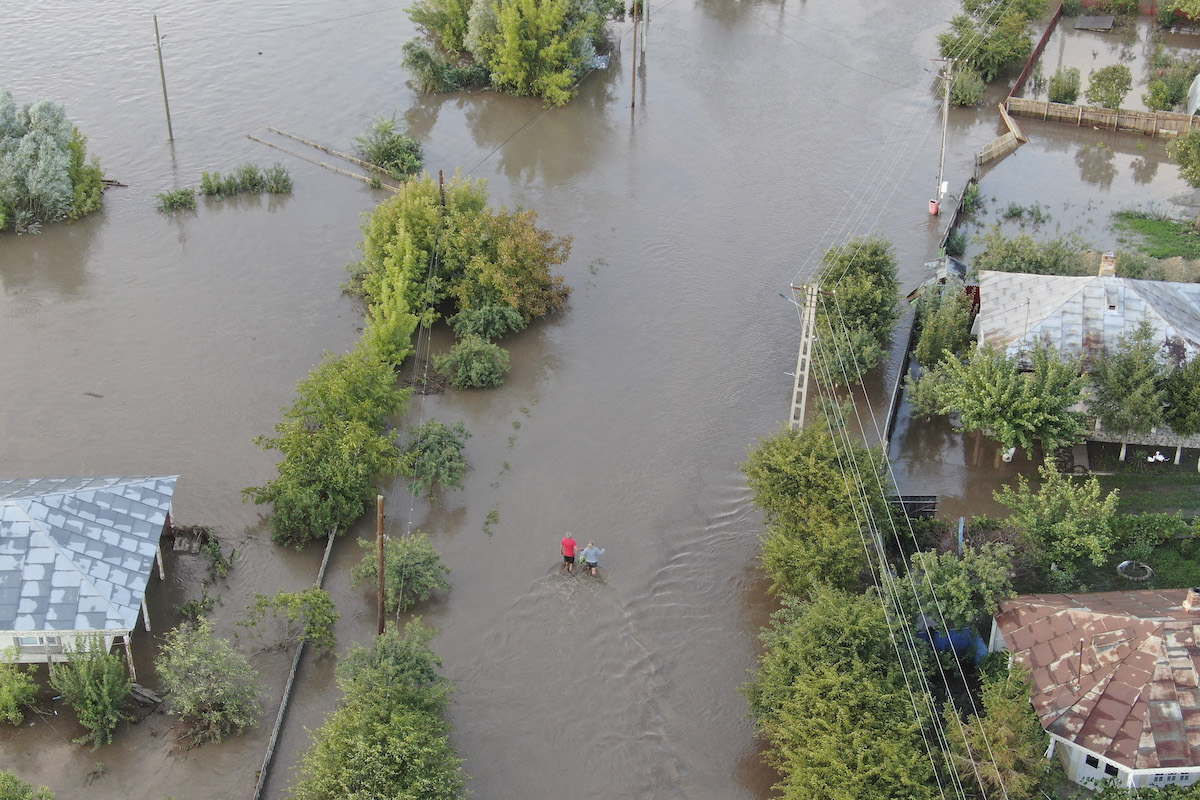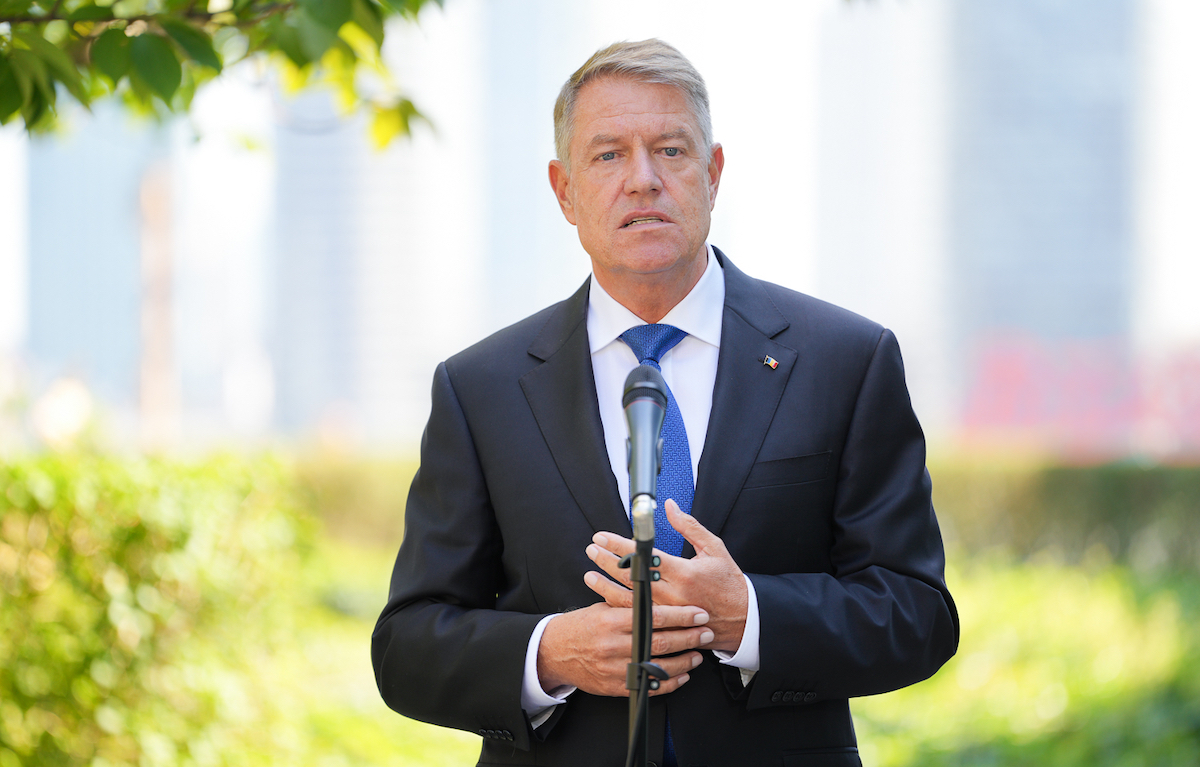“What kind of prosecutor was Kamala Harris? The answer could be pivotal to her campaign.” “Kamala Harris embraces her prosecutor past in campaign against Trump.”
These are just a few of the hundreds of headlines focusing on Kamala Harris’ background as a prosecutor since she became the Democratic nominee for president.
There has perhaps never been such a spotlight on one former prosecutor’s record. While many will use this moment to win political points by debating whether she was too tough or too soft, we can also take this opportunity to learn from Harris’ successes as a prosecutor and consider the types of prosecutors we want in our communities today.
After all, further down the ticket on November 5, voters in 24 states will also cast their ballots for local prosecutors and can help shape the future of our system of justice at the state and local levels. This includes voters in some of the biggest cities in America, including Los Angeles, Chicago, Phoenix, and Houston.
When Harris became the District Attorney of San Francisco in 2004 – 10 years into California’s extreme and ineffective “three strikes” law – there was no concept or blueprint for a “progressive prosecutor.” District attorneys were mostly expected to win convictions at any cost and seek the harshest punishment possible. Harris sought to make incremental but meaningful changes to the status quo, exploring how a prosecutor’s office can be used not only for punishment but also for prevention and rehabilitation.
Harris saw that locking people up for low-level drug offenses was not an effective use of resources. She largely stopped incarcerating individuals for low-level marijuana possession and launched Back on Track, a diversion program for young adults between 18 and 30 who plead guilty to first-time non-violent drug charges. Instead of being sent to jail, participants received job training, performed community service, and were required to be employed or in school. Upon completing the yearlong program, participants had their felony charges removed from their records.
Back on Track was extremely successful. Less than 10 percent of program graduates re-offended, compared to 50 percent for similar individuals in California. When she became Attorney General, Harris expanded the program statewide, and it’s been replicated in prosecutors’ offices across the country.
Harris also saw the ineffectiveness of the death penalty as a deterrent to crime. Shortly into her first term as DA, after police officer Isaac Espinoza was murdered, Harris was under extreme pressure to seek a death sentence. Instead, she sought a sentence of life without parole, a sentence she believed would meet the public safety needs.
For someone who likely had higher ambitions to seek statewide office, this was significant. A 2004 poll found that 68% of Californians supported the death penalty, and most of the political world including Senator Diane Feinstein and the police union came out against her. Yet Harris never wavered. She has frequently said the job of a prosecutor is not just to get convictions but to have convictions. We should all want elected prosecutors with such integrity.
When Harris became California’s Attorney General, she continued to follow her convictions to ensure the most vulnerable were protected and the most powerful were held accountable.
During the mortgage crisis, Harris refused to accept an initial $4 billion settlement offer from big banks, calling it “crumbs on the table.” By walking away, she ultimately secured billions more for California homeowners.
She also won a $1.1 billion judgment against for-profit Corinthian Colleges for deceptive marketing that targeted low-income, vulnerable Californians with promises of job placement rates as high as 100%. As Vice President, she announced automatic debt relief for more than 500,000 people still saddled with $6 billion in student loans from Corinthian. Holding the powerful accountable is a critical responsibility of prosecutors.
Related Articles
Conservatives must reject the growing ‘progressive right’
Bill Essayli: Authoritarianism turned to chaos at the Capitol
Greg Wallis: We need democracy to work for all the people, not just a chosen few in Sacramento
Gavin Newsom returns to his duties in California and finds his status has diminished
Justice Gorsuch is right: States have too many licensing laws
As the presidential campaign enters its final months, Kamala Harris’ record as a prosecutor will continue to be front and center, and the conversation may trickle down to local prosecutor races. It’s undeniable that Harris’ willingness to try new approaches to get at root causes of crime, to stand up against powerful corporations on behalf of the vulnerable, and to do what is right instead of what’s politically expedient has paved the way for more leaders to chart a new path of prosecution.
In recent years, we’ve seen voters across the country, in both red and blue states, elect prosecutors who take a more expanded view of justice and public safety, who understand that safe communities are not only places free of violence but also places with clean water and air, humane treatment of workers, and fair and free elections. These prosecutors know that pursuing accountability for all is more important than the outcome of their next election.
As Harris herself wrote about her balanced approach, “This is not a middle ground between old partisan definitions of tough and soft, but a whole new ground focused on effectiveness.”
This is the path forward: when prosecutors center their offices on solutions, we don’t have to pick between safety, justice, accountability, healing, and rehabilitation. We can have it all and our communities can thrive.
Cristine Soto DeBerry is the executive director of Prosecutors Alliance Action.




























